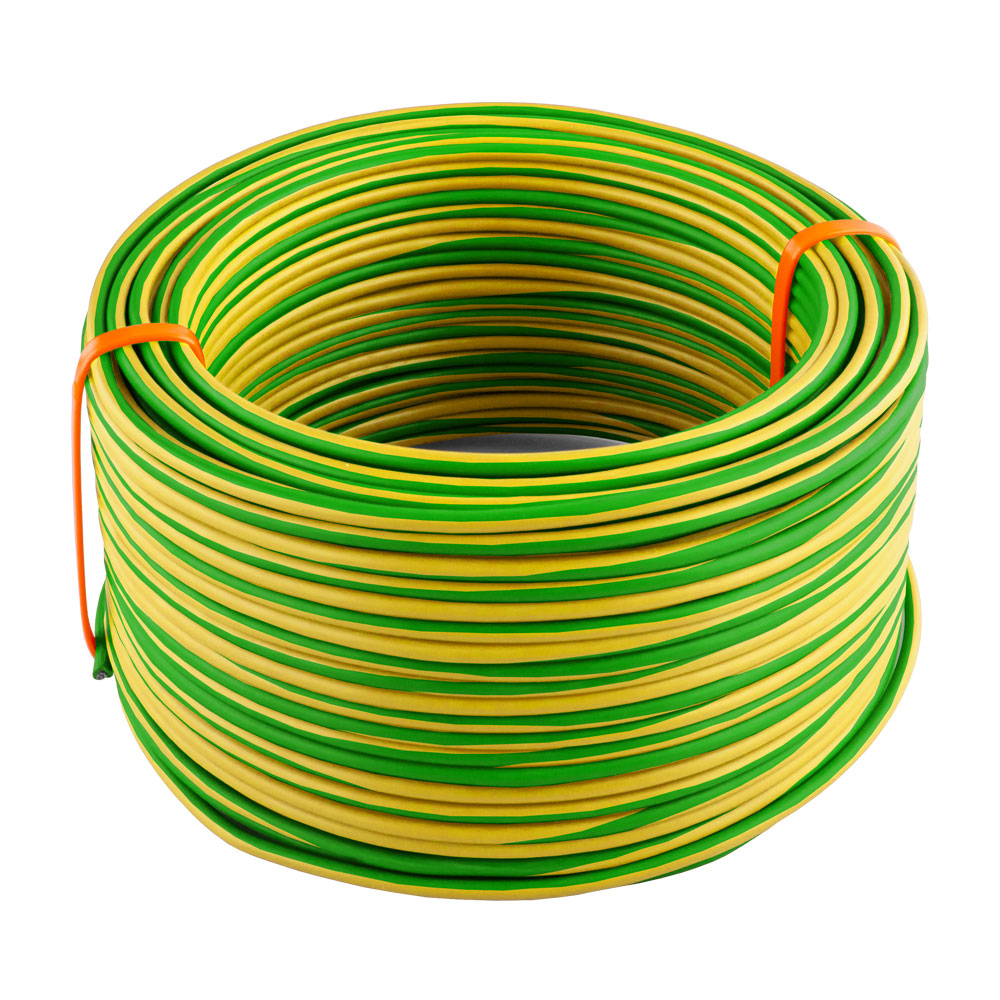When it comes to household electrical systems, circuit breakers play a crucial role in safeguarding your home from electrical overloads and potential hazards. However, when a circuit breaker trips, it can be frustrating and concerning. One common question that arises is: How many times should you attempt to reset a circuit breaker if it pops? In this article, we will delve into the intricacies of circuit breakers, the implications of frequent tripping, and when it’s time to call in a professional.
The Function of Circuit Breakers
Circuit breakers are designed to interrupt the flow of electricity when they detect an overload or a short circuit. This protective mechanism prevents overheating and potential fires, making them essential components of any electrical system. When a breaker trips, it typically indicates that there is an issue that needs to be addressed, whether it’s a temporary overload or a more serious electrical fault.
Understanding the Tripping Mechanism
Before we discuss how many times you should reset a circuit breaker, it’s important to understand why it trips in the first place. Common reasons include:
- Overloaded Circuits: This occurs when too many devices are drawing power from a single circuit. For example, plugging multiple high-wattage appliances into one outlet can exceed the circuit’s capacity.
- Short Circuits: A short circuit happens when a hot wire touches a neutral wire, creating a low-resistance path that can lead to excessive current flow. This is often caused by damaged wiring or faulty appliances.
- Ground Faults: Similar to short circuits, ground faults occur when a hot wire comes into contact with the ground or a grounded surface. This can be particularly dangerous in wet areas like kitchens and bathrooms.
How Many Times Should You Reset a Circuit Breaker?
While it may be tempting to reset a tripped circuit breaker multiple times, doing so can lead to further complications. Here are some guidelines to consider:
- Initial Reset: If a circuit breaker trips, the first step is to turn it off completely and then back on. If it stays on, monitor the circuit for any unusual behavior or signs of overheating.
- Second Attempt: If the breaker trips again after a reset, it’s advisable to wait a few minutes before attempting to reset it again. This allows the breaker to cool down and can help you determine if the issue is a temporary overload.
- Limit to Three Attempts: As a general rule, you should limit your attempts to reset a circuit breaker to no more than three times. If the breaker continues to trip after three resets, it’s a clear indication that there is a more serious underlying issue that needs to be addressed.
Signs That You Should Call a Professional
If you find yourself resetting the circuit breaker multiple times, it’s crucial to recognize the signs that indicate it’s time to call in a professional electrician:
- Frequent Tripping: If the breaker trips consistently after a few resets, this could indicate an overloaded circuit, faulty wiring, or a malfunctioning appliance.
- Burning Smell or Discoloration: Any signs of burning smells or discoloration around the breaker panel or outlets should be treated as an emergency. This could indicate overheating or a serious electrical fault.
- Buzzing or Humming Sounds: Unusual sounds coming from the breaker panel can signal a problem that requires immediate attention.
- Inconsistent Power Supply: If you experience flickering lights or inconsistent power supply, it may be time to have your electrical system evaluated.
Conclusion
In summary, while it may be tempting to reset a circuit breaker multiple times, doing so can lead to further complications and potential hazards. Limiting your attempts to three resets is a prudent approach, and recognizing the signs that indicate the need for professional assistance is essential for maintaining a safe electrical system. Always prioritize safety and consult with a licensed electrician if you encounter persistent issues with your circuit breakers. By understanding the function and limitations of circuit breakers, you can ensure the safety and reliability of your home’s electrical system.


